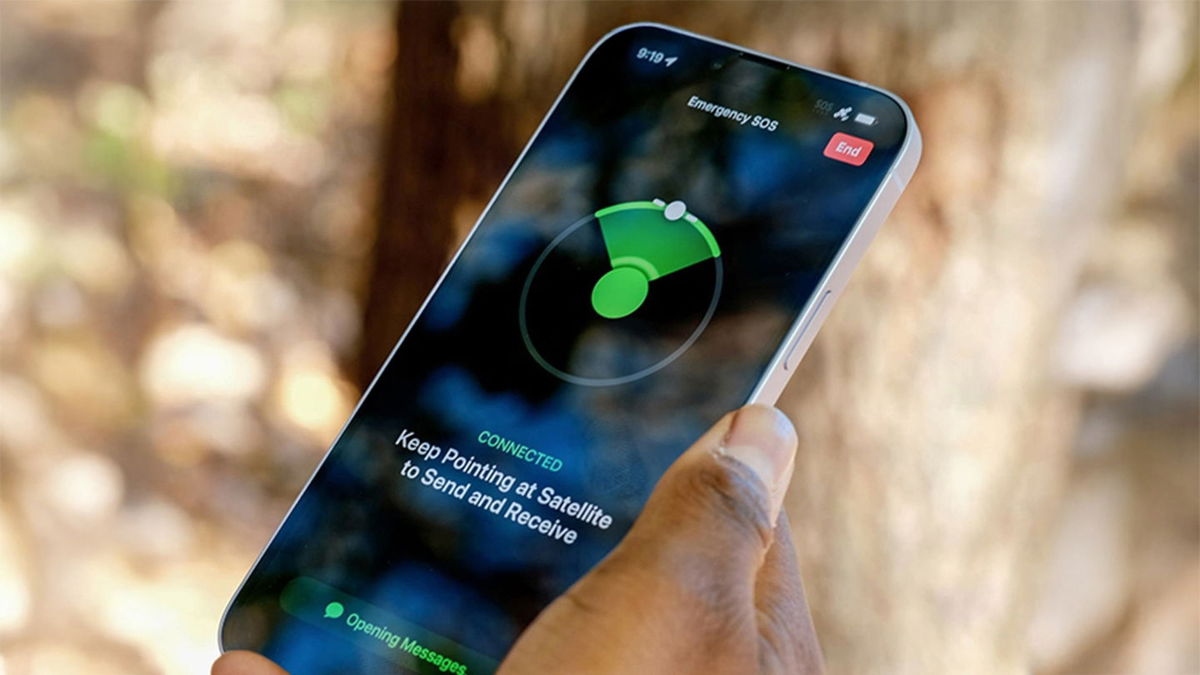Today Pavel Durov turned 40 years old, and VKontakte turned 18. In honor of this event, Durov told how he created the social network in 2006.
The idea of VKontakte appeared after Durov graduated from St. Petersburg State University in 2006. He wanted to stay in touch with former classmates, but wasn’t on the right site for them to find a friend.
According to Durov, he “wrote the code quite well,” but he had no experience in creating social networks.
At age 12, I was creating web games with vector animation and sound effects. At the age of 13, I was already asked to teach Pascal (a programming language) to older children at children’s programming camps.
Pavel Durov
Durov wanted to write all the code in four weeks, but in the end it took six weeks. His brother Nikolai Durov refused responsibility, but advised him to be the first to write code to authorize users.
Durov also decided not to use external modules, which further complicated the development. He had to write all the blocks from scratch: “from profiles and personal messages to photo albums and search.”
In September 2006, I typically wrote code for 20 hours straight, ate one meal, and slept for 10 hours. After a day of work, I would make myself a bucket of pasta and eat it with a generous amount of cheese. No other food was needed. I didn’t care if it was day or night. Social connections were limited. All that mattered was the code.
Pavel Durov
On October 10, 2006, the beta version of VKontakte was launched. Durov invited the first users from the student portal created in 2003.
People began to register in the thousands and invite friends. A few months later, Durov hired another developer, by which time the number of users exceeded 1 million.
Source: Iphones RU
I am a professional journalist and content creator with extensive experience writing for news websites. I currently work as an author at Gadget Onus, where I specialize in covering hot news topics. My written pieces have been published on some of the biggest media outlets around the world, including The Guardian and BBC News.










